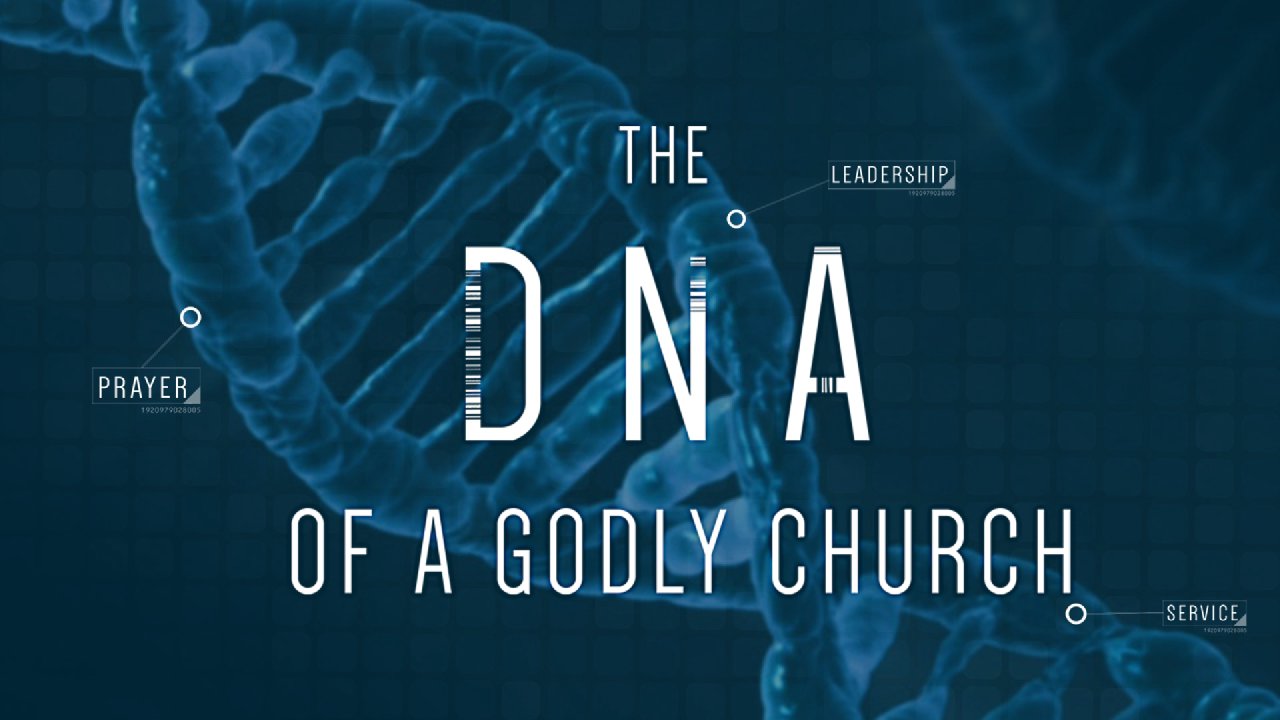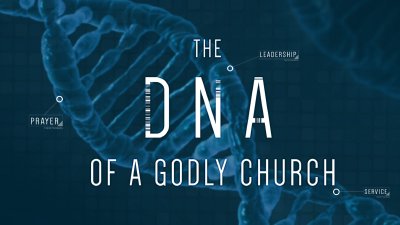It is the Church’s responsibility to teach faith to build up the body of Christ.
Teaching is persistent: Teaching is a continual effort, not an isolated mandate.
Teaching is purposeful: Christ was intentional about teaching others, we should do likewise.
Teaching is practical: Teaching should relate to life. The truth of scripture is applicable today.
Teaching is personal: We all have a testimony to share and a responsibly to teach what God has revealed to us.
Teaching is faithful: We do not pick and choose what to teach. Sometimes biblical truths upset people, but we teach to edify and encourage the body.
(Verses cited: 2 Peter 3:18; Ephesians 4:11-12; Hebrews 10:24-25; John 4:3-7; Colossians 3:16; 2 Timothy 2:2; Acts 2:42; Romans 10:17; Ephesians 2:5,8; 1 Corinthians 19:22; Matthew 5:1-2; 1 Thessalonians 5:11; Genesis 12:2; 1 Peter 4:10; James 3;1; Acts 20:27; Titus 1, 2:1)

A Teaching Church
Matthew 28:18-20
January 13, 2019 • Collin Monger
A Godly Church Follows its Godly Leaders
February 24, 2019 • Collin Monger
Unity within a church is a mark of a Godly church. Leaders in the church are appointed by God to teach and build up the body of Christ. • Divine Possession. Christ is the head of the church. • Divine Placement. The Lord calls, installs, and removes leaders as He sees fit. • Divine Profession. Leaders are called to teach the Word of God. • Divine Purpose. Leaders teach the Word of God to equip the people of the church to build up one another and spread the Good News to the world around them. • Divine Proclamation. God instructs the church to submit to the leaders that He places in the church while leaders are called to give themselves up for the church and love as Christ loves the church. (Verses cited: Gal. 5:15; 1 Cor. 1:10; Eph. 5:23; Matt. 16:18; 1 Cor. 3:4; Ps. 100:3; 1 Cor. 12:28; 1 Sam. 9:15-17; 1 Sam. 15:27-28; Jn. 19:10-11; Jn. 21:15-17; Acts 2:42; 2 Tim. 4:2; Acts 15:35; Acts 18:11; Lk. 4:32; 1 Tim. 3:2; 1 Jn. 4:18; Mk. 16:15; Eph. 5:22, 25-28; James 3:1)
A Praying Church II
February 17, 2019 • Collin Monger
Prayer for a believer is paramount; the Lord’s prayer is a model for believers of how to pray. Ask God for provision: In prayer, be content with your circumstances. Ask God to meet your needs instead of your selfish desires. Ask God for Pardon: God’s provision is not dependent on our limitations. Do not insult God’s grace by asking for what has already been provided. Ask God for protection: The Lord lead’s us through adversity to build character and faith. We are called to flee from temptation and to run to our provider. Ask God with an attitude of praise: Regardless of our situation, God is in control and worthy of praise. (Verses Cited: Philippians 4:6, 4:19; Proverbs 10:3; Psalm 23:1; Luke 11:1; 1 Timothy 6:8; Romans 5:8; Matthew 5:3; Galatians 5:1; 1 John 1:9; John 13:10, 15:3; Romans 10:17; 1 Corinthians 15:55; James 1:2-4, 1:13; 2 Corinthians 1:8-9; Genesis 3:1; Jude 1:9; Ephesians 6:11; Hebrews 12:1-2a; John 17:15; James 5:13)
A Praying Church
February 10, 2019 • Collin Monger
Jesus gave us a model of prayer in Matthew six, a template for communicating with the Lord. Godly Prayer is regular: Our relationship with God must consist of more than emergency intervention. We must daily spend time in prayer. Godly prayer is reverent: We cannot forget that the one we pray to is the one who created the heavens and the earth. Godly prayer is righteous: When our prayers focus on God’s will our priorities shift and align with God’s character and plan. (Verses Cited: Isaiah 56:7; Matthew 21:13; James 1:13; Luke 11:2-4; 1 Corinthians 14:33; Romans 12:12; Ephesians 6:18; 1 Thessalonians 5:17; Ecclesiastes 3:11; Exodus 20:7; Hebrews 12:28; Colossians 1:17; Psalm 50:10; Matthew 19:26; Philippians 4:19; Matthew 26:39; John 14:13; James 2:17; Hebrews 11:3)





